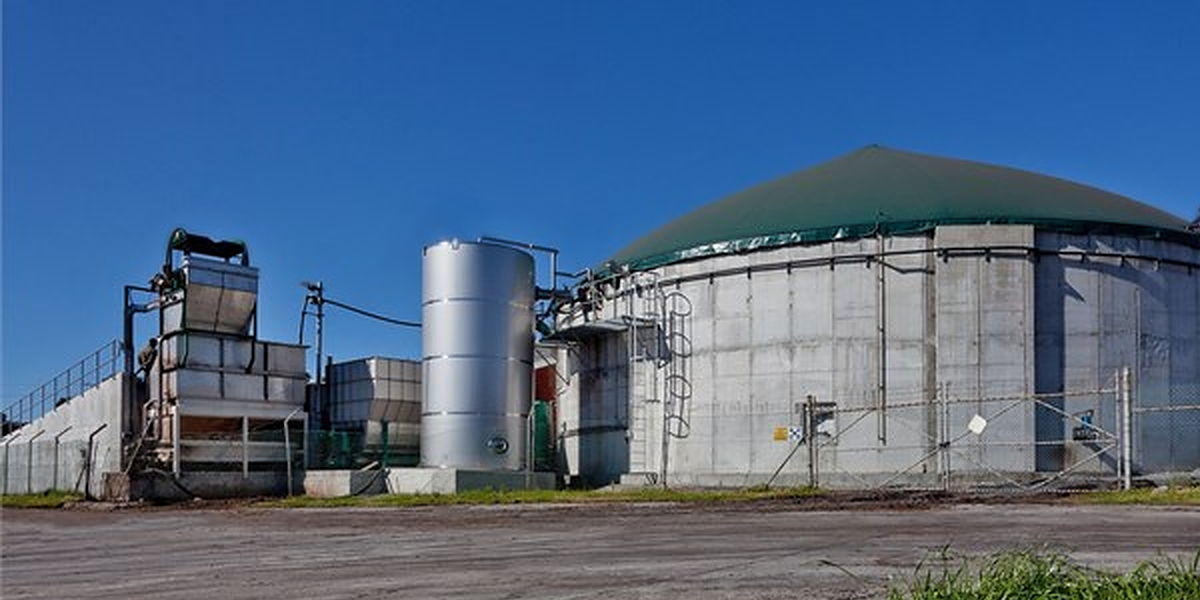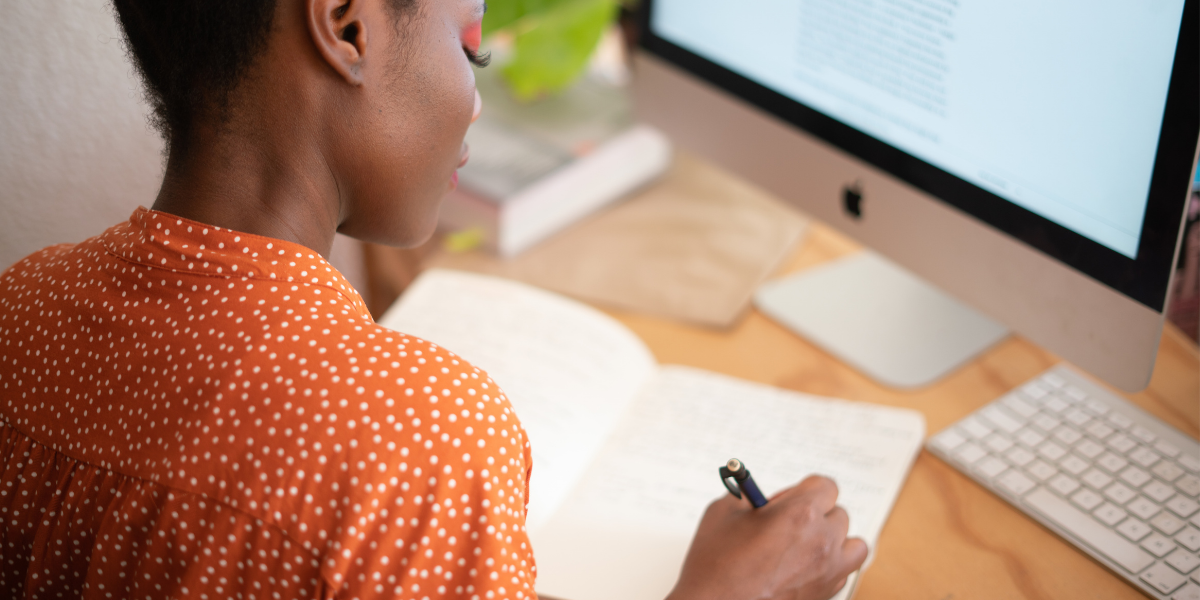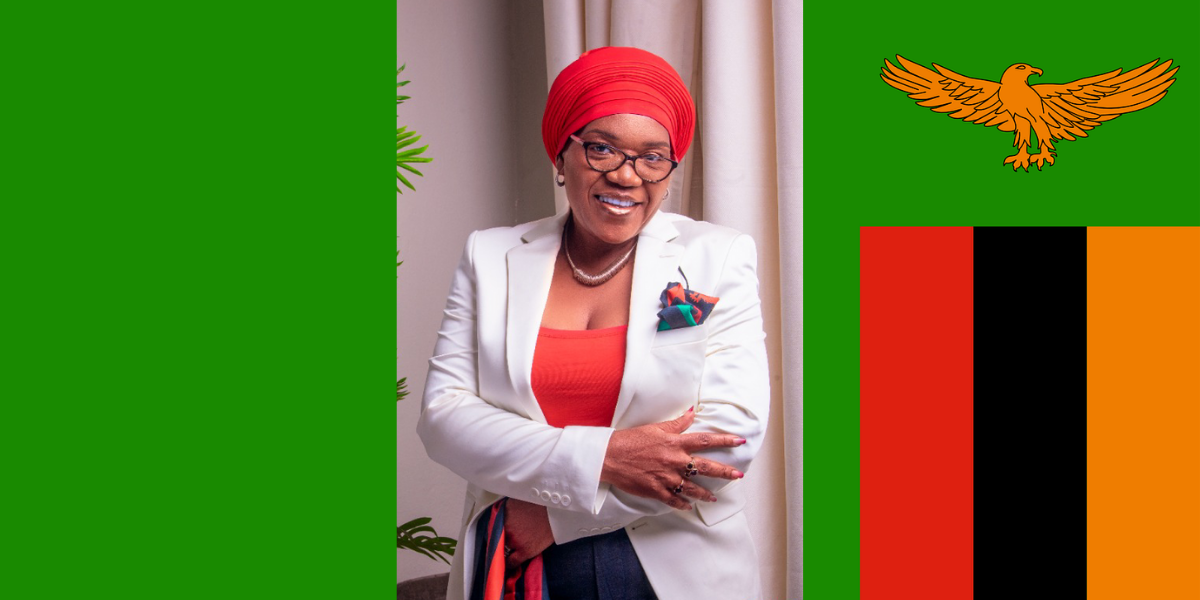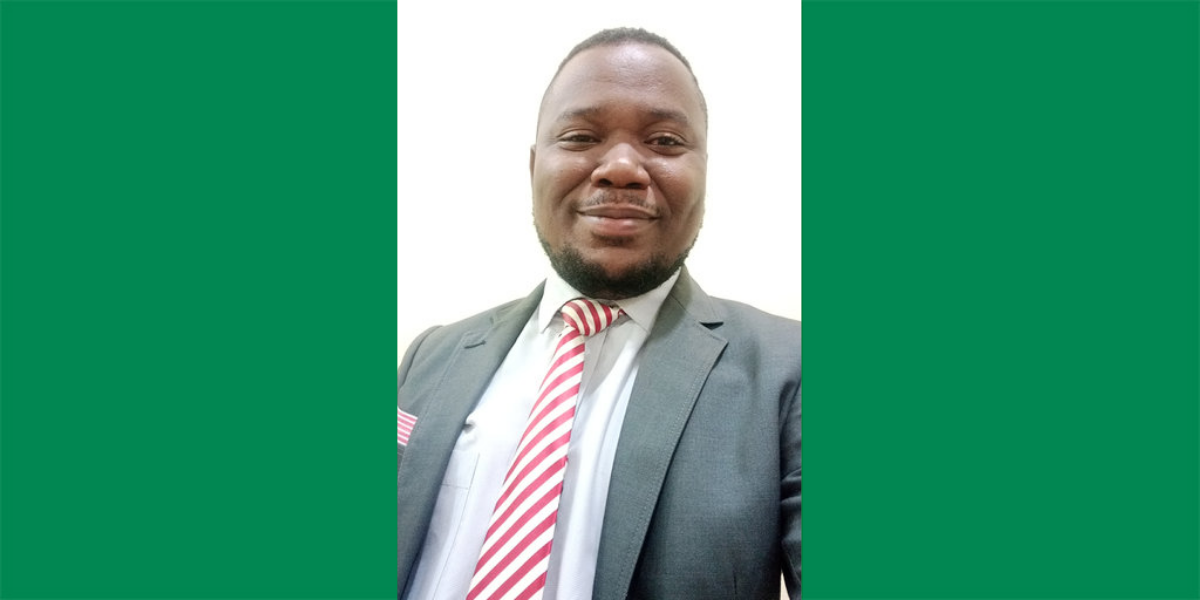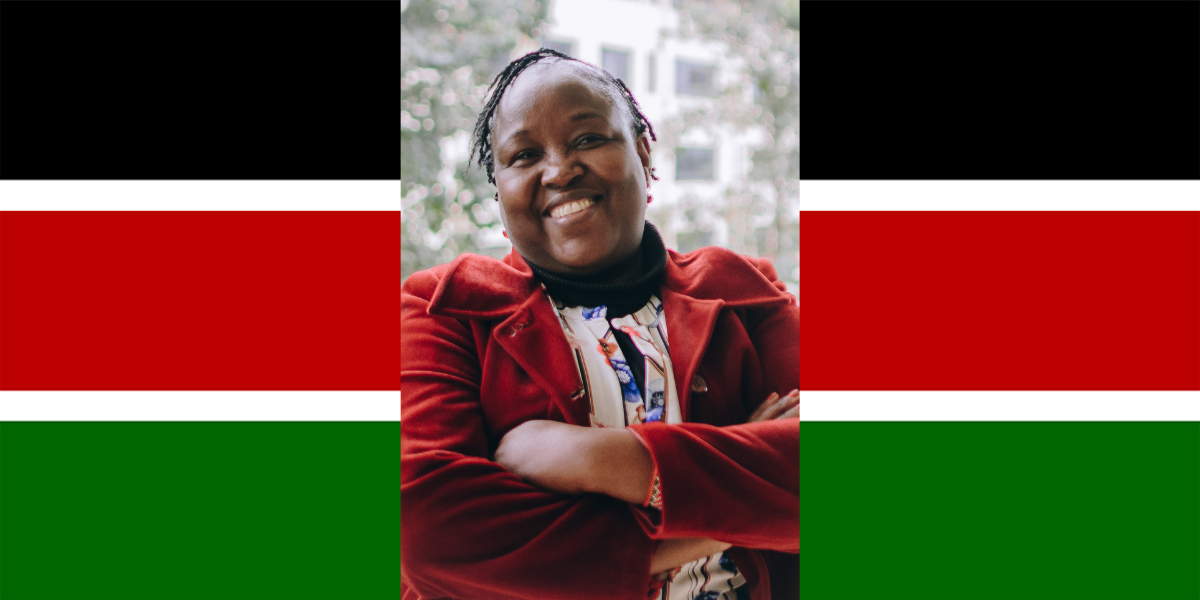
Mary Mwangi is a Lecturer and plant Biotechnology researcher at Kenyatta University, Kenya. Mary is passionate about seeking practical solutions for poverty reduction, sustainable food security and wealth creation in Africa with a focus on the majority resource-poor women farmers and the youth. Her area of interest is banana biotechnology; specifically, Sigatoka disease resistance breeding and the popularisation of tissue culture banana technology among rural farmers. She is also involved in biotechnology outreach programs through effective, evidence-based science communication. She is also interested in mainstreaming of entrepreneurship in biotechnology research and teaching, specifically targeting start-ups by the youth.
To mark Jamhuri Day, which marks the date in 1964 when the country was formally admitted into the Commonwealth as a republic, we recently interviewed Mary to find out a little more about her, her experience with RECIRCULATE and how she will spend the day. “Jamhuri” is the Swahili word for Republic. December 12 is also the date when Kenya obtained its independence from Great Britain in 1963. The day is celebrated with many events such as feasts, political speeches, and parades, all of which celebrate the country’s cultural heritage.
Give us a sense of your current work and affiliations.
As a board member of the International network of Women Engineers and Scientists (INWES) and the Association of African Women in Science and Engineering (AWSE), Mary is actively involved in initiatives to promote participation of women in STEM. She is a recipient of several multidisciplinary research grants focusing on poverty alleviation, food/nutritional security, bioenergy, and climate change resilience and currently, she is a collaborator in the Climate Smart Banana project (CLISMABAN) aimed at phenotyping banana biodiversity to identify climate smart varieties with optimal market potential in Africa and Europe). In this project she is leading the Kenyan initiative in participatory, gender, responsive variety selection of improved cooking banana hybrids (NARITAs). These hybrids have been developed through conventional breeding by the National Agricultural Research Organization (NARO), Uganda and the International Institute of Tropical Agriculture (IITA) hybrids, two key partners of the CLISMABAN project. The project is funded under the long-term EU-Africa Research and Innovation Partnership on Food and Nutrition Security and Sustainable Agriculture (LEAP-Agri) 2017.
How did you get to hear about and engage with RECIRCULATE as a project?
I was introduced to RECIRCULATE by Dr Akanimo Odon in a very unexpected and interesting manner as we made our way to the second day of the Gender Summit 14 – Africa, at Kigali, Rwanda in March 2020. We had to walk some distance to the conference venue to meet the traffic jam, so we had an opportunity to get to know each other. I remember that encounter with nostalgia.
What has been your experience engaging with the RECIRCULATE project so far?
It has been an amazing and fulfilling experience both at a personal and professional level. I have met a large number of professional colleagues from across Africa and the UK and I’ve made excellent friends. I have also travelled to Ghana (for the first time) and to Lancaster University in the UK, courtesy of RECIRCULATE. I’ve also received training in entrepreneurship and bioenergy besides having an opportunity to co-host bioenergy training at my University in collaboration with Lancaster University’s Environment Centre. Through this partnership Kenyatta University signed a memorandum of understanding with Lancaster University.
Through RECIRCULATE I have learnt the importance of collaboration and focusing on impact-oriented research. This has indeed borne fruit as we have developed a number of research proposals with RECIRCULATE partners. Among the successful ones are two projects funded by the British Council. These include: Stimulating Entrepreneurial Thinking in Scientists (SETS) Online – a British Council Digital Innovation Africa Project and DIFFERENTIATE: a place-based approach to the design and development of entrepreneurial capacity building across African research institutions, funded by the British Council under the inaugural Innovation for African Universities programme (IAU) 2021, which we are currently implementing.
How are you celebrating or how will you be celebrating Jamhuri Day? Will you reflect on Kenya’s accomplishments, if so what specifically?
I will spend Jamhuri Day with my 20 month old grandson who is currently learning to speak. I plan to take him to the animal orphanage at the Nairobi National Park to see real animals for the first time as he has only watched them on TV. He is beginning to speak and I am looking forward to a time of amusement with him.
On this day I will be reflecting on Kenya’s unique heritage. Jamhuri Day is a celebration of the day Kenya became a republic. Coming very close to Christmas, Jamhuri Day presents fond childhood memories as it ushers in the holiday mood.
What would you say are the two biggest challenges you face in Kenya in your line of work?
Every year we channel out a large number of young vibrant, highly trained and brilliant Biotechnology graduates. My greatest frustration is that many of them cannot access formal employment.
Are there opportunities you think can be explored bearing in mind these challenges you highlighted?
RECIRCULATE has opened my mind to the importance of inculcating an entrepreneurial mindset in our students at an early age and the critical role of University-industry linkages in supporting the process.
Where do you want to see Kenya in 5 years?
Kenya is endowed with very hard working people and natural resources. I envisage a country where basic life sustaining resources such as food, health facilities, water and sources of livelihood are equitably accessed and where everyone is conscious about protecting the environment.
Any final thoughts about your country Kenya?
I love my country. If I were to choose where to be born, grow up and age, I would still choose Kenya.
All articles in The FLOW are published under a Creative Commons — Attribution/No derivatives license, for details please read the RECIRCULATE re-publishing guidelines.
